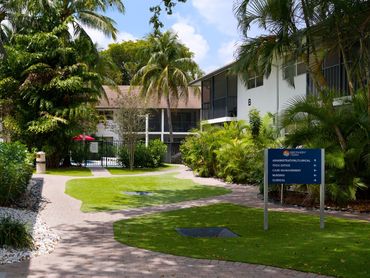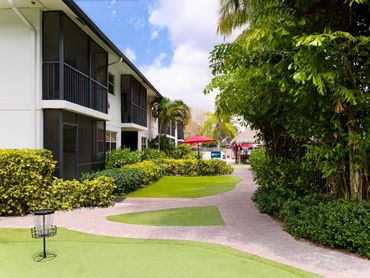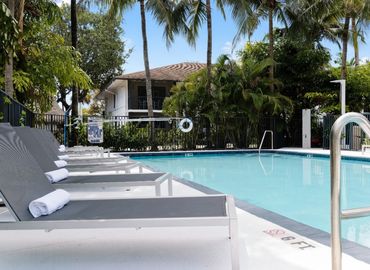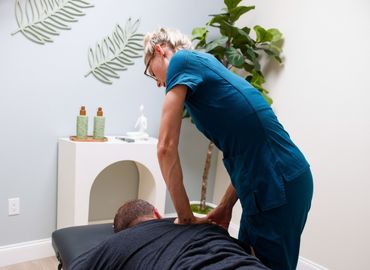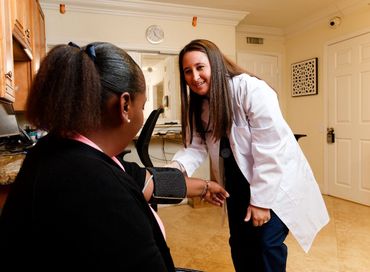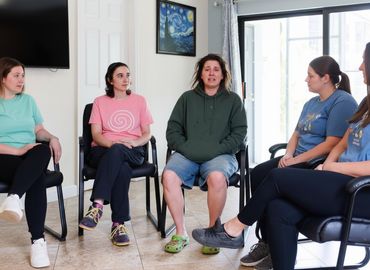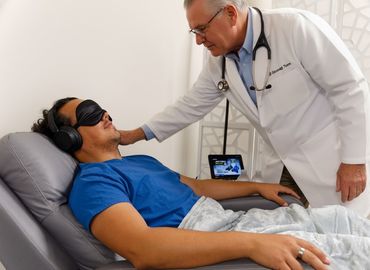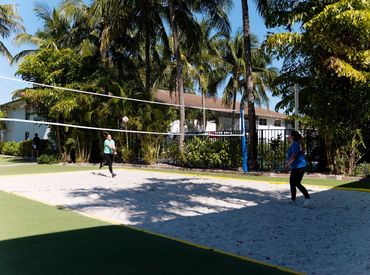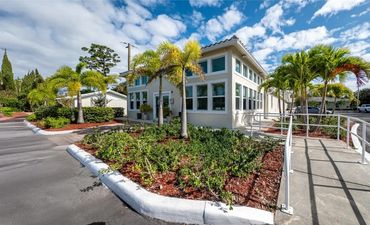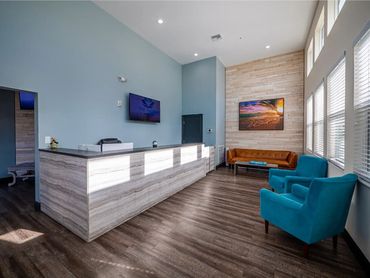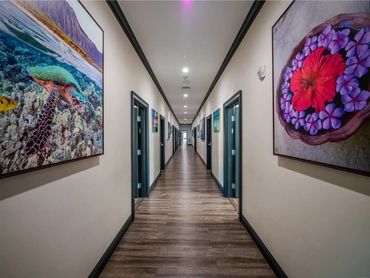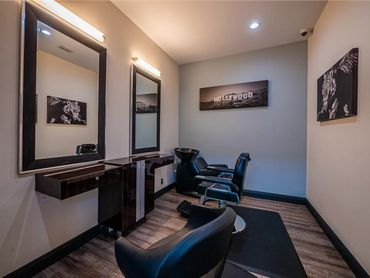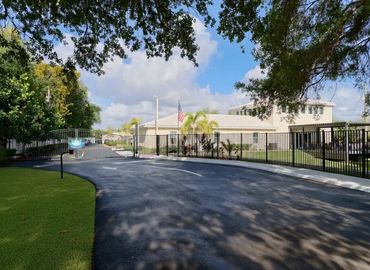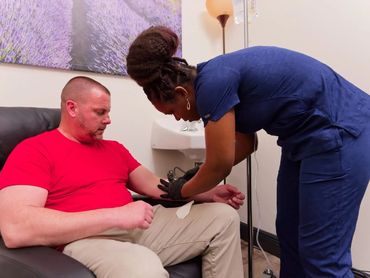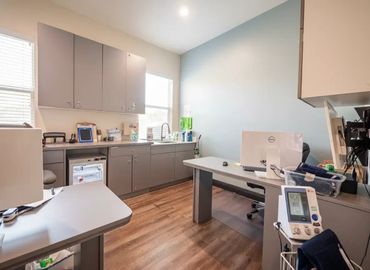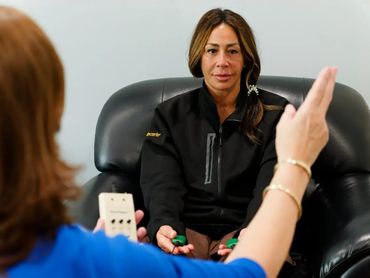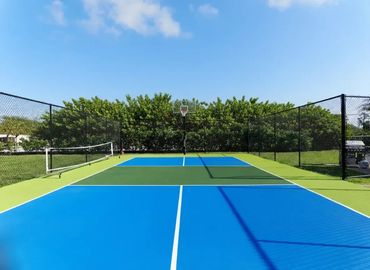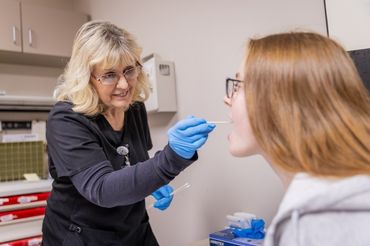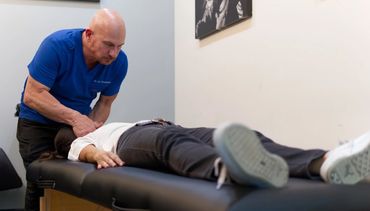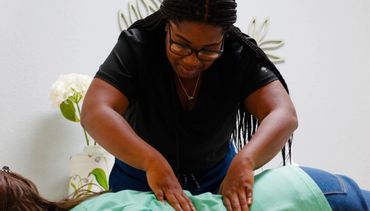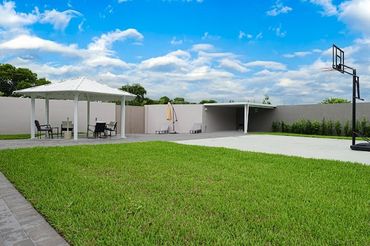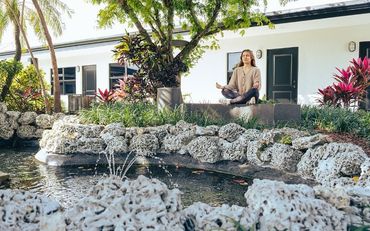
Drug & Alcohol Rehab Centers near Oakland Park, FL
Finding treatment for substance use disorder in Oakland Park, Florida, is a crucial step on the path to recovery. Understanding the available payment and treatment options is equally important to ensure that individuals seeking help can access the care they need.
Treatment Centers near Oakland Park, FL
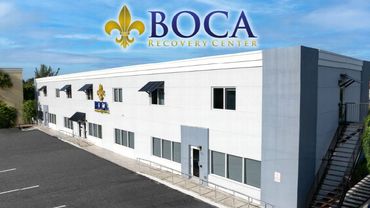
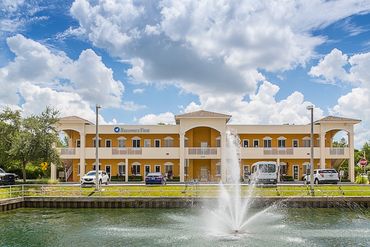
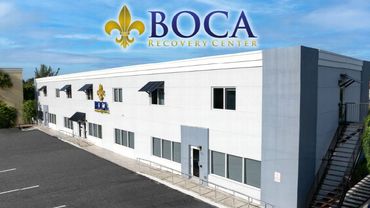
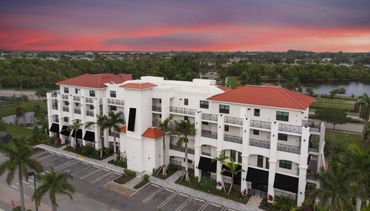
Open to Travel? Check out Top-Rated Options
All Treatment Centers near Oakland Park, FL
Are You Covered For Treatment?
- West Palm Beach Rehabs
- Miami Rehabs
- Fort Lauderdale Rehabs
- Jacksonville Rehabs
- Delray Beach Rehabs
- Tampa Rehabs
- Orlando Rehabs
- Pompano Beach Rehabs
- Fort Myers Rehabs
- Sarasota Rehabs
Information About Rehab in Oakland Park
Latest Reviews
Latest Reviews of Rehabs in Florida
Boca Recovery Center - Boca Raton, FL
If any of you are tired/over it and fighting for your life and want to press the reset button This is your chance please don’t think twice about calling boca recovery center they will take care of you in every step of the process from you’re first day getting through detox to your last day leaving a new human. they transformed me from a fentanyl addict shaking sweating doing ANYTHING for the next fix for 6 years go in and out of rehabs,detox, tried every method you name it I’ve done it but I can tell you from experience this place does it different they are looking Out for you on a different level from therapy, to groups, to comfort meds for you whenever you need them they always have doctors and nurses on standby 24/7, food tons of snacks for you at any time you want, video games, Netflix Disney plus and also a gym with basketball court. This is the place for you trust me no other place with this type of amenities exists but also you leave with knowledge on how to put these skills to test in the real world amazing staff as well always willing to help you when it comes to cigarettes, phone calls, even if you just need someone to vent to they will go out of there way to make sure you’re okay, trust me guys this place will save your life.
Sunspire Health Hyde Park
counselling is strong, they allow clients to go to the store to make purchases I have never heard of a facility that allows clients to go out shopping. I feel this is counter intuitive.
Area Information
Oakland Park, Florida, is a charming city nestled in Broward County, offering its residents a mix of urban amenities and a suburban atmosphere. With a population of around 44,000,1 this vibrant and diverse community is known for its beautiful parks, welcoming neighborhoods, and a strong sense of community. Located at the heart of the Miami metropolitan area, Oakland Park boasts a strategic location for work, leisure, and life. Its tree-lined streets, local businesses, and numerous parks create an inviting and inclusive atmosphere for its residents to enjoy a wide range of activities.
Substance Misuse and Addiction in Oakland Park, Florida
Drug addiction has had a deep and lasting impact on Oakland Park, Florida, and the state as a whole. In the first half of 2021, a report by medical examiners revealed 7,756 drug-related fatalities in Florida, highlighting the urgent need for effective treatment and support.2 This stark data also underscores the ongoing battle against drug addiction in the state.
Drug and Alcohol Rehab
Drug and alcohol rehabilitation programs offer various options and programs to treat addiction and support individuals on their journey to recovery. These options are designed to provide a range of care and support, ensuring that individuals can find the most suitable path towards sobriety.
What Happens in Drug and Alcohol Rehab?
Entering rehab involves multiple levels of care, including detox, inpatient, outpatient, and aftercare. Each level is designed to address different stages of the recovery journey, recognizing that everyone’s path to sobriety is unique.
Detox Programs
Detoxification, or detox, is a pivotal initial step in the journey to recovery from substance use disorder. Medically monitored and carefully managed, these programs provide essential support to individuals grappling with withdrawal symptoms from various substances. During detox, medications may be administered to alleviate the discomfort and risks associated with withdrawal. This phase of recovery allows the body to rid itself of harmful substances and lays the foundation for further treatment.
How Long Is Detox in Rehab?
Detox can vary in duration, typically spanning from 3 to 7 days, depending on factors like the substance of abuse, the individual’s overall health, and the severity of their addiction. The ultimate goal of detox is to create a stable platform from which individuals can embark on the subsequent phases of treatment.
Inpatient Drug and Alcohol Rehab
Inpatient drug and alcohol rehab programs are structured to provide comprehensive, round-the-clock care for individuals seeking recovery from addiction. These programs offer a safe and supportive environment where patients can immerse themselves in the healing process. Inpatient treatment involves a range of therapies, including individual counseling and group therapy sessions, which are instrumental in addressing the psychological aspects of addiction and its root causes.
Furthermore, inpatient programs are well-equipped to address any co-occurring mental health disorders, ensuring a holistic approach to recovery. While 30-day programs are popular, some individuals may require 60 or 90 days of inpatient treatment for more intensive support. Understanding how inpatient drug rehab works and the benefits of longer-term care can be instrumental in fostering lasting recovery.
Outpatient Drug and Alcohol Rehab
Outpatient drug rehab programs offer a flexible approach to recovery, allowing individuals to receive treatment while maintaining their daily routines. These programs provide a range of tools, coping strategies, and support systems to help individuals sustain their sobriety and prevent relapse. Group therapy, individual counseling, and various evidence-based therapies are integral components of outpatient treatment.
Education and guidance on relapse prevention and aftercare are also key elements in these programs. How outpatient drug rehab works can be a valuable choice for those who have completed inpatient treatment or for those with less severe addiction issues. By providing structured support without requiring a residential stay, outpatient programs empower individuals to continue their journey towards recovery while addressing their individual needs.
How Much Does Rehab Cost?
Paying for rehab can seem like a huge burden, but it should not be a barrier to seeking help. Various payment options exist that can make treatment accessible to those in need, such as:
- Payment Plans
- Government Grants and Scholarships
- Free Rehab
- State-Funded Rehab
Does Insurance Cover Drug and Alcohol Rehab?
Many insurance plans do cover at least a portion of the costs associated with drug rehab. Drug rehab insurance can provide financial relief for individuals seeking treatment. Widely accepted insurances include:
Finding The Best Rehab Center
Oakland Park, FL Drug and Alcohol Rehab Facilities
While in-state treatment facilities can be convenient, going out of state for rehab is often recommended to reduce distractions and increase the focus on recovery. Our rehab locator tool can help you find the best facility, whether in Florida or elsewhere, to support your journey to sobriety.
Sources
- United States Census Bureau. Oakland Park, Florida. July 1, 2022.
- Florida Department of Law Enforcement. Drugs Identified in Deceased Persons By Florida Medical Examiners: 2021 Interim Report. May 2022.
